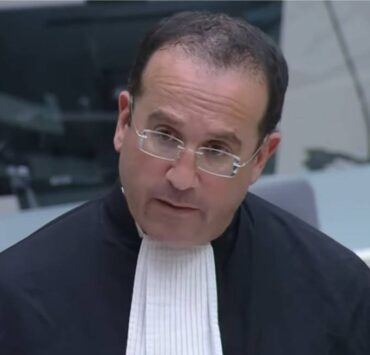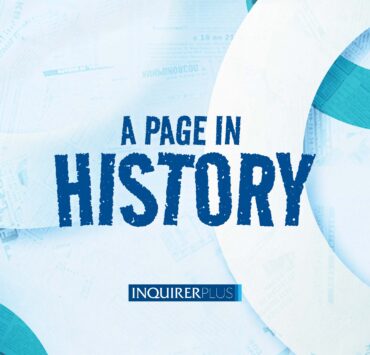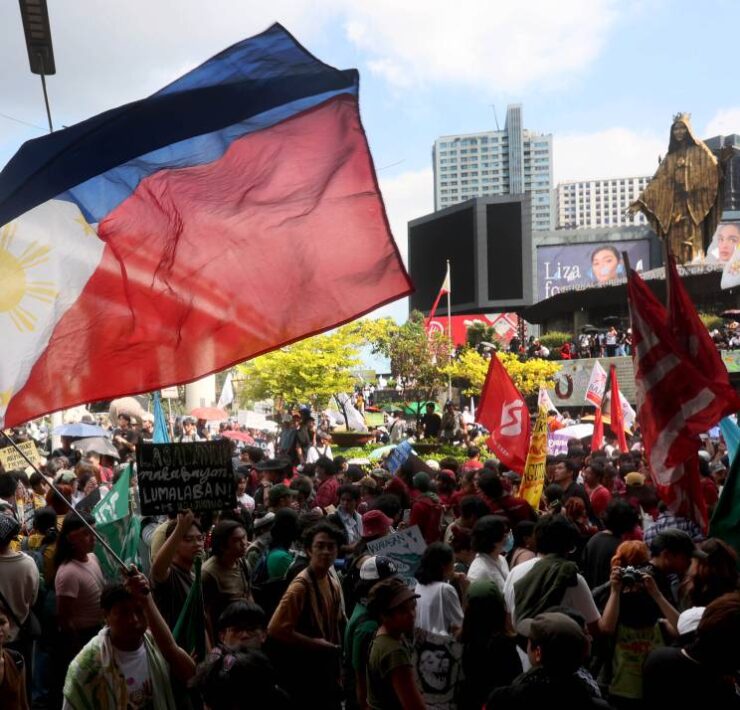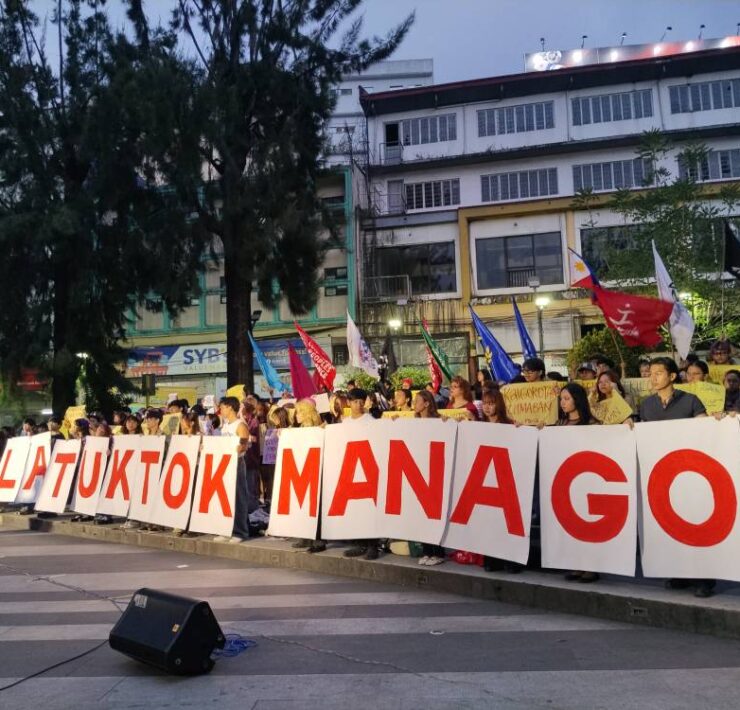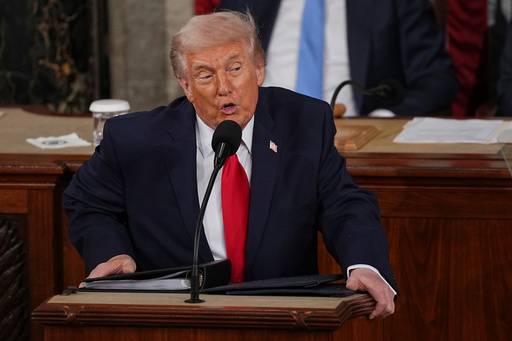Amid calls to free Du30, victims’ stories reach ICC
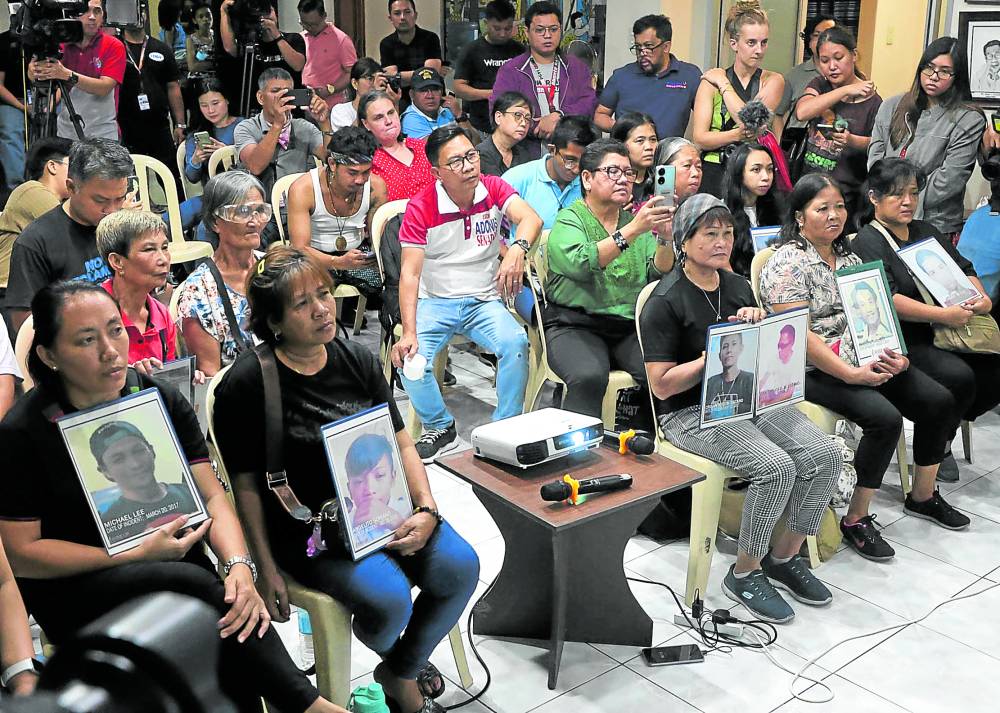
As supporters of ex-President Rodrigo Duterte drum up calls for his release from detention in an International Criminal Court (ICC) facility in The Hague, the Netherlands, relatives of the victims of his brutal drug war have been submitting applications to participate in his possible trial.
Profound feelings of loss and despair well up in many of the stories that surviving family members of drug war victims narrated to the ICC in hopes that they would be able to help prosecute the former president.
One mother painfully lamented her initial support for the Davao City mayor who promised to clean up the country as president, only to mourn the death of her son at the hands of people who enforced his bloody nationwide antinarcotics campaign.
“To be honest, I voted for Duterte. I liked his policy,” said the woman, who must remain anonymous at this time under ICC rules.
“But I didn’t know his policy was that of death … After what happened to my son, the killings continued … I feel like I can never move on,” she said.
At least one group of 303 people listed up since March when the Pre-Trial Chamber I (PTC I) opened the application for recognition as drug war victims for both survivors and family members or relatives left behind by those killed in the antidrug operations.
The period covered by the case against Duterte starts from November 2011 when he was still mayor of Davao until March 2019, when the Philippines’ withdrawal from the Rome Statute that established the ICC, on his order, took effect.
While the court is “reviewing applications for participation” from the victims’ families, the former president’s staunchest supporters are intensifying calls for his release from detention.
‘Bring Him Home’ concert
On Friday night, a large number of Duterte’s supporters in his bailiwick organized a “Bring Him Home” concert-rally at Coastal Road Bazaar in Davao City.
“Five months have passed. Five months of calling for justice and freedom for former President Rodrigo Duterte,” said one of the promotional posts shared by Duterte’s official Facebook page for the gathering called “Limang Buwan, Isang Sigaw: Free Duterte.”
Duterte was turned over to the ICC on March 12 after he was arrested a day before at Manila International Airport and whisked off on a plane to The Hague where he is detained while waiting for the court to decide on whether to proceed to trial for murder as a crime against humanity for the thousands of deaths in his drug war.
The “victims” in this case also include those who were “indirectly” affected, such as family members or relatives who suffered “psychological harm” from their tragic deaths.
Three batches
The 303 who applied for recognition comprise only one of the three batches of applications gathered by the Victims Participation and Reparations Section (VPRS) of the ICC, according to a redacted version of the court’s Registry’s report on “Group C” applications for victims’ participation dated Aug. 20.
The VPRS noted that it was ready to transmit an undisclosed number of applicants from Groups “A” and “B,” if instructed by the PTC.
The VPRS, which is under the Registry, is tasked with ensuring that the applicants are properly informed of the victims’ rights, application process and the various stages in the judicial proceedings should they be allowed to participate.
Their participation in the ICC case involves sharing their sentiments, concerns and views to the court during the pretrial hearings, and later on, in the trial proper, once the charges against Duterte are confirmed to have sufficient evidence.
Duterte is set to appear in court for the confirmation of charges hearings, which will run for four straight days beginning Sept. 23.
In its report to the PTC, the VPRS noted that due to the “high number of applications” and the limited time it had, it decided to relay to the court some of the stories told by family members in their applications, which were not part of the initial batch it had submitted.
This was intended “to ensure that the voices of the survivors are also conveyed to the judges prior to their decision on victim participation in the case.”
Bitter testimonies
The selected testimonies from applicants, which appear to be translations from the local language, included one from the parent of a man who expressed bitterness because he was “not treated with dignity” even after death.
“[…] It was like they just threw my son in like a pig. […] [My] son was already dead, yet it felt like [he] was still being killed—not just by the injustice of his death but by the indifference of those in power. […]”
“To this day, the pain has not faded. The wounds of losing [my son] are reopened with every memory of his passing. And the question that continues to haunt them remains: Will justice ever be served?”
Another, a child at the time of the drug war, was overwhelmed with rage over the death of his or her parents.
Mental health
“I am very angry; why it happened to us, why ‘tokhang’ killings happened and rob[bed] children of their parents and their future in general. […] When our parents died, no one supported us anymore except our relatives but they were also poor like us and have their own families to feed. So even if we were children then, we had to work also.”
There was also a gripping account of an encounter between victims and their killers.
“[My nephew] said that he heard the armed men [say before] they proceeded to shoot: ‘Ulohan niyo na ‘yan’ which translates to shoot them in the head, just to make sure that no one could witness or testify with regard to the incident.”
A victim also detailed the long-term impact the drug war deaths had on their mental health and overall well-being.
“Depression and prolonged grief was felt. The mother [of the direct victim] also had a stroke. [Redacted] is greatly affected because of the stroke. Her source of income […] was also cut off. […] Up to now, mother had trouble sleeping. […]”
“[T]he brother of the EJK (extrajudicial killing) victim also suffered trauma. Every time he sees a police officer, he feels fear and would duck out, hide and get away for fear that something might happen to him, too.”
Fear of reprisals and of suffering the same fate as their loved ones made their family members near paranoid.
“Since the incident, my family has lived in fear, choosing silence over legal action. The looming threat of police retaliation has prevented us from seeking justice,” one of them said.
These narrations were included in the applications that the VPRS received by the Aug. 3 deadline it had set for the victims and their legal representatives.
In accepting application forms, the ICC unit verified their identity and confirmed that they “suffered harm,” and determined that such harm was the result of the crimes that Duterte was charged with.
Will they be called?
The VPRS also noted that the victims were “deeply committed to the pursuit of justice, as shown by their active participation in all previous proceedings at the situation (investigation) stage, and the vast majority of them are willing [redacted] re-tell their stories in application forms in order to contribute meaningfully to the proceedings.”
It is unclear at this point whether some or any of the victims would be called to appear during Duterte’s trial, if the court decides to proceed with it.
The Rise Up for Life and for Rights, one of the lawyers’ groups assisting the families in the ICC case, on Saturday said that the victims are now eagerly awaiting the results of their applications.
“We are yearning for truth and accountability … Duterte’s case at the ICC is a unique opportunity to get justice, not just for the few, but for the majority,” it said in a statement. “We stand alert to anything that could derail or hinder the process.”
The group also expressed confidence that the pretrial court would soon designate the final legal team that would represent the victims in the hearings next month.














